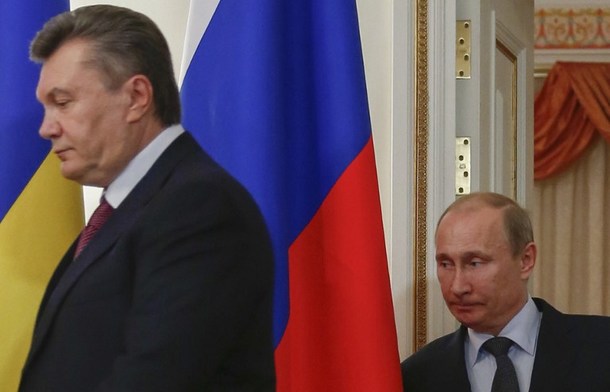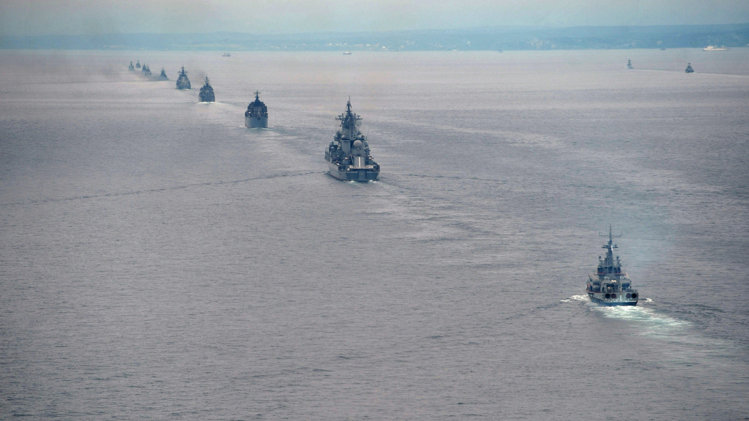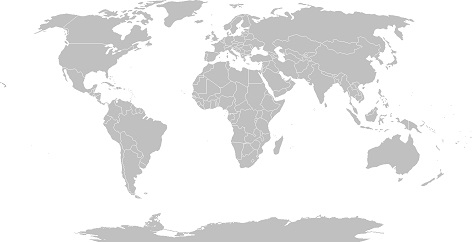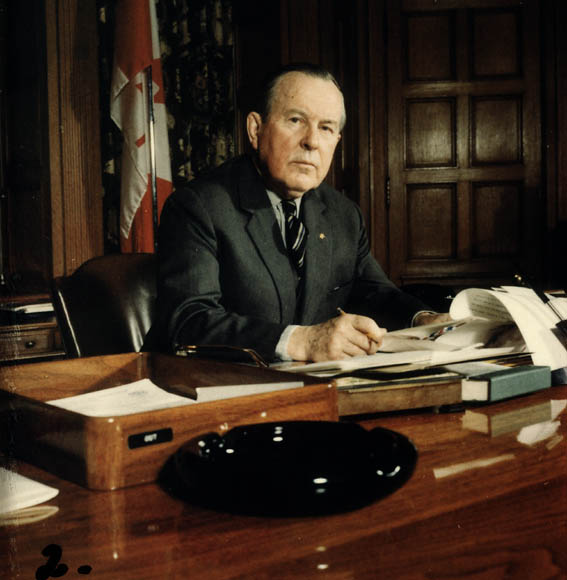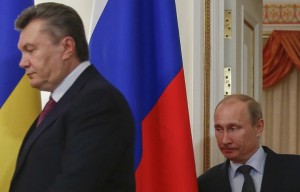
Just when you thought he’d learnt his lesson, Victor Yanukovych lands himself in trouble again. Yanukovych backed out of a historic agreement with the European Union (EU) in November that would not only have admitted the country into the European Union, but would also have granted it unfettered access to the most attractive common market in the world. This time, there is the feeling that even with Yanukovych’s strong political reputation, he might not be able to survive the onslaught of popular protests calling for his step down.
A brief understanding of Ukraine’s economic history is enough to show why the anger of the Ukrainian people is completely justifiable in this case. This was supposed to be Ukraine’s watershed moment. The moment Ukraine finally stepped out of the shadow of its gigantic neighbor, Russia. Economically, Ukraine had never been presented with such an opportunity to radically improve its economic situation before. For the entirety of the 20th century, Ukraine was basically a Russian economic dependency. From the moment Ukraine became a Soviet Socialist Republic in 1919, it became a part of an economic system that was heavily Moscow-centric. In the Soviet economic system, Russia’s economy came first and then the other Soviet Socialist Republics followed If Russia’s economy was not doing well, the chances of the dependencies doing well was slim to none. It was only when Russia’s economy did well that the others had the chance to benefit. It was Russia’s way of keeping the other Soviet Socialist republics in check. When one considers that at its height during the Cold War, the Russian economy was still miles behind western economies, it is easy to imagine how dire the Ukrainian economy was for so many years.
The deal would also have been a symbolic deal. For those Ukrainians who experienced the Cold War or for those Ukrainians who had parents or grandparents that lived in Cold War Ukraine, the agreement would have been tantamount to banishing the ghosts of a wasted era for the country and the start of a new era in Ukrainian history. Many Ukrainians feel that by not signing the deal, Yanukovych sold Ukraine out to Russia once again. Many point to the that fact that Russia’s plans for a new customs union to rival the EU and the fact that it wants Ukraine to be a part of it played a major factor in Yanukovych backing out of the new deal.
However, despite the justified anger from the Ukrainian people, President Yanukovych cannot be faulted for proceeding with caution and refusing to be pushed into a deal. He is only doing what many other world leaders in his position would have done. One only needs to take a look at Ukraine’s economic relationship with Russia to see why proceeding with caution is the best move for the country right now.
Just to give you an idea of how lopsided the relationship is, Ukraine exports $ 17 billion worth of goods to Europe and it exports $16 billion worth of goods to Russia alone. It has been estimated that should Ukraine sign the deal, its access to the Russian market will be curtailed and it could cost Ukraine 35 billion Euros, an amount that the Ukrainian economy as it is right now is simply unable to bear. The situation is even worse when the natural gas sector is considered. Ukraine depends almost entirely on Russia for natural gas to heat up the country. Ukraine pays about $400 per 1000 cubic meters of gas, one of the highest rates in Europe. Also, Ukraine is the conduit through which Russia exports its natural gas to Europe. Natural gas is so important to Ukraine that Ukraine has even been willing to allow significant Russian military presence in the country in exchange for a fall in gas prices. The countryagreed to extend Russia’s lease on the key Sevastopol naval base in the Black Sea for another 25 years in 2010 in exchange for a 30% drop in the price of gas.
Considering Ukraine’s vulnerable position in this relationship, it came as no surprise to many when Russia decided to brilliantly exploit its economic relationship with Ukraine by offering guaranteed cheaper gas prices; something that the EU cannot guarantee straight away. In fact, a projected fall by about 25% in gas prices, a staggering fall as far as Ukraine is concerned. The deal Russia was offering was one that simply could not be quickly overlooked and Yanukovych did the right thing by delaying the signing of the agreement to consider what is now on the table.
Another issue to consider is Ukraine’s household gas subsidy. This subsidy has been a tool used by many Ukrainian governments ( even during the Cold War) to keep popular unrest in check and to keep Law and Order at a healthy level. Signing the EU deal would almost certainly mean that Ukraine would have to give up the gas subsidy and raise household gas prices; a move that would be wildly unpopular. This point is even more important when one considers that the 2015 Ukrainian elections are fast approaching and Yanukovych, like the skilled politician he is, is trying to position himself for another crack at the top office.
Whatever we think, we must remember that it is Yanukovych’s responsibility as the president of Ukraine to try and get the best deal for the country that would satisfy the majority of the people and minimize the significant after effects that will be sure to follow if any deal is signed. Focusing only on symbolism while refusing to consider the significant effects of such a move is simply impractical and it would have been immature for Yanukovych to have rushed into the deal.

